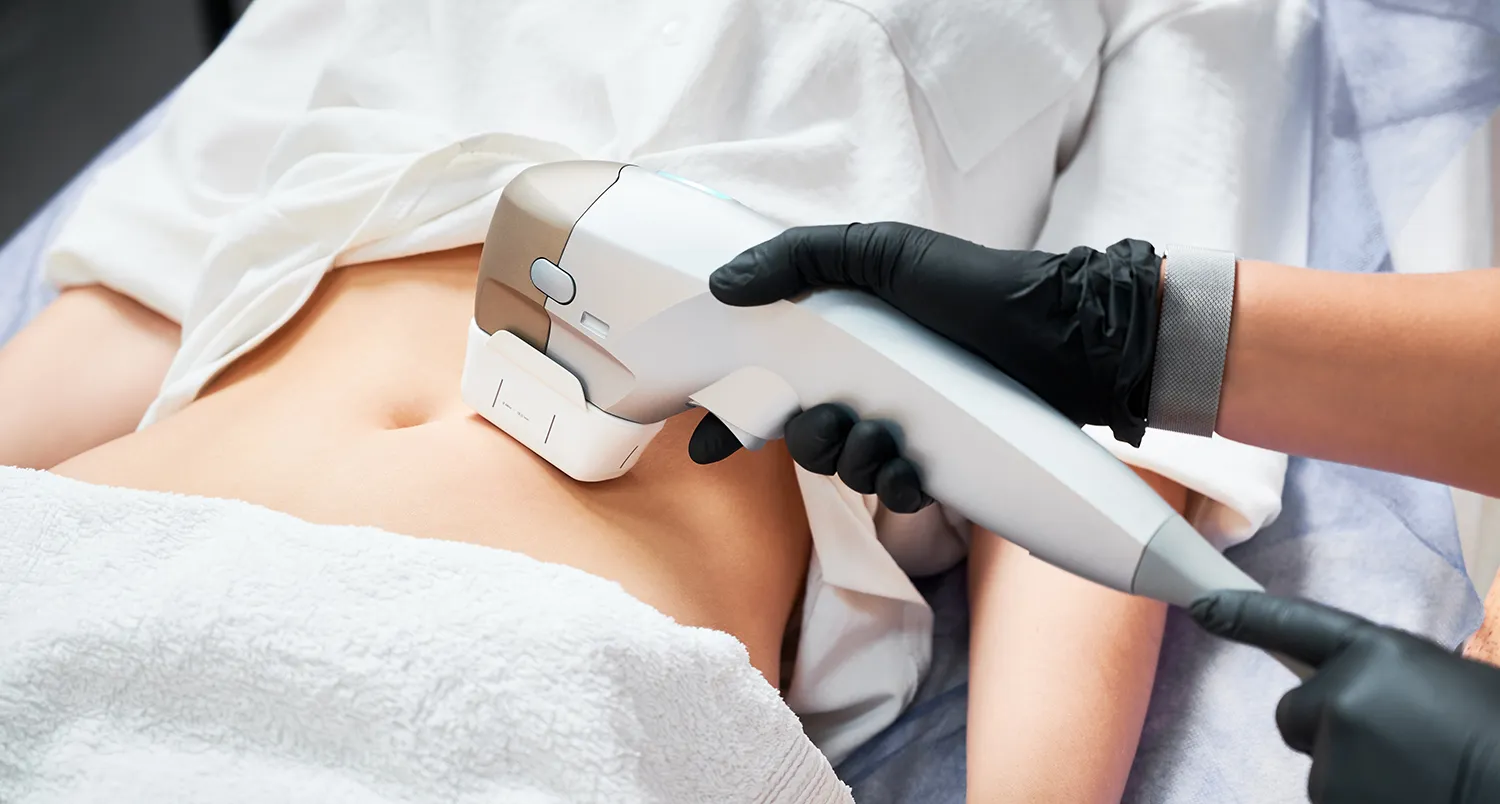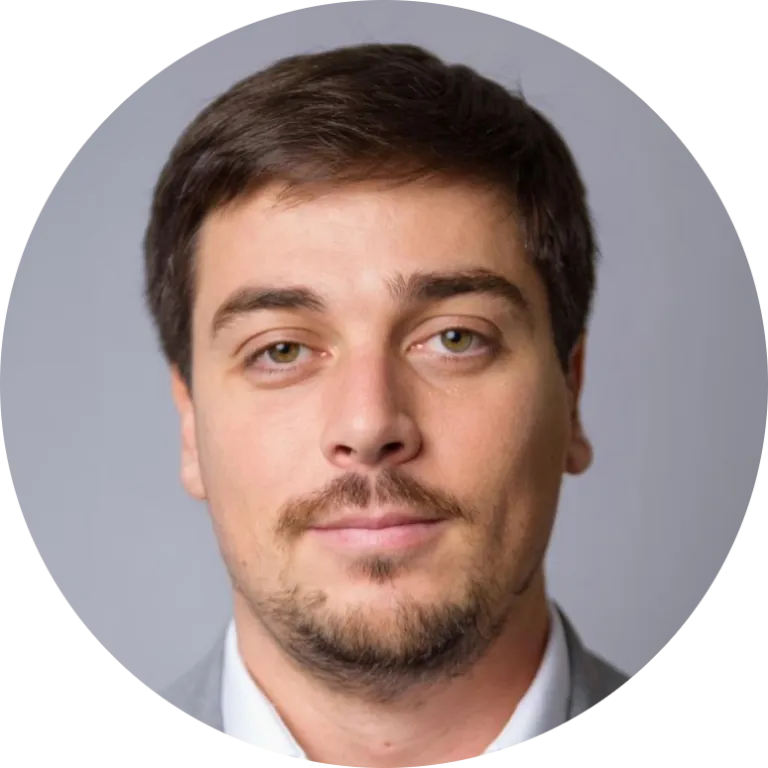How AI and Physician Recruitment Are Transforming Healthcare in the Russian Arctic

In the northern city of Novy Urengoy, AI helped detect nearly 200 pathologies, while dozens of physicians are relocating to the Yamal region. These shifts reflect a broader transformation in Russia’s remote healthcare delivery.
Modern Surgery and Artificial Intelligence Reach the Arctic
Remote geography, harsh climate, and workforce shortages are persistent challenges in Russia’s northern territories — but on the Yamal Peninsula, these conditions are being tackled systematically and at scale.
At the Central City Hospital in Novy Urengoy, the endoscopy department analyzed 350 scans in just four months, detecting nearly 190 pathologies with the assistance of a neural network platform. This AI tool highlights suspicious areas in real time, effectively acting as a second pair of eyes for the endoscopist.

While diagnosis remains the physician’s responsibility, the platform speeds up workflow, improves accuracy, and reduces the risk of missed diagnoses. The technology is also being used in radiology and neurosurgery, where it’s paired with 3D modeling during complex brain procedures.
A major milestone was reached in November 2024 with the opening of a new surgical building in Novy Urengoy. Since then, over 1,100 surgeries have been performed there — including neurosurgical operations that previously required patients to travel outside the region. This local availability represents not only a boost in care quality, but also a strategic leap in regional healthcare development.
A Systemic Approach to Rural Health Workforce Gaps
Technology is important, but people remain at the core of healthcare delivery. Yamal benefits from the national program 'Zemsky Doctor' (Rural Doctor), alongside its regional initiative 'Doctors Needed in Yamal'. Both offer robust compensation packages, housing assistance, and northern salary bonuses to attract talent.
This combination of incentives is producing results: new doctors are arriving consistently. A closer look at the region’s progress over the past five years reveals steady and intentional growth.

In 2021, surgeon Elshan Aslanov transferred from Tyumen to head the surgical unit in Novy Urengoy. His leadership helped raise care standards and improve workflows — a small but pivotal change.
By 2022, Yamal had become one of the most active participants in the federal recruitment program, welcoming 19 physicians that year — not just generalists but specialists in pediatrics, internal medicine, and more. These were not isolated hires, but part of a broad-based staffing effort.
In 2023, the hospital acquired a new ophthalmologist and updated its diagnostic equipment, positioning itself on par with leading Russian medical centers. This investment laid the groundwork for broader AI integration.
In 2024, two new ultrasound specialists and a pediatric endocrinologist joined the team. The latter was particularly valuable, as such specialists were in short supply across the region. By 2025, 17 more doctors had relocated to Yamal, including OB-GYNs specializing in prenatal diagnostics.
The takeaway is clear: Yamal is proving that rural medical workforce challenges can be addressed through coordinated programs, smart incentives, modern infrastructure, and digital innovation.

Yamal as a Scalable Model for Remote Healthcare
The Yamal model is not just a local success story — it’s a replicable framework for delivering quality care in remote settings. Novy Urengoy shows how a regional ecosystem can combine skilled professionals and cutting-edge tools to build sustainable, modern healthcare, even under extreme conditions.
This is about more than just solving staffing shortages — it’s about strengthening human capital across physicians, patients, and administrators. As a result, Yamal now supports a thriving professional community that others want to join.
The region’s success is setting a precedent. More Russian territories are expected to adopt hybrid recruitment strategies, invest in medical AI platforms, and support digital diagnostic tools. This will strengthen Russia’s health system resilience and ensure patient-centered innovation even in its most remote regions.










































